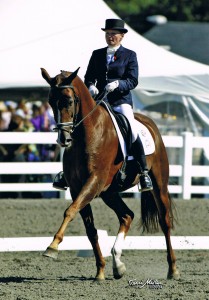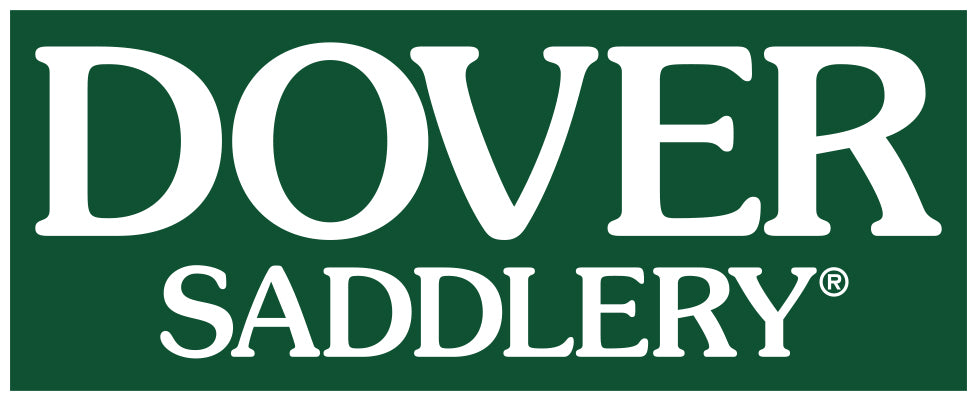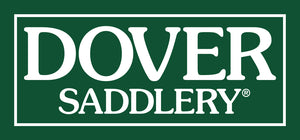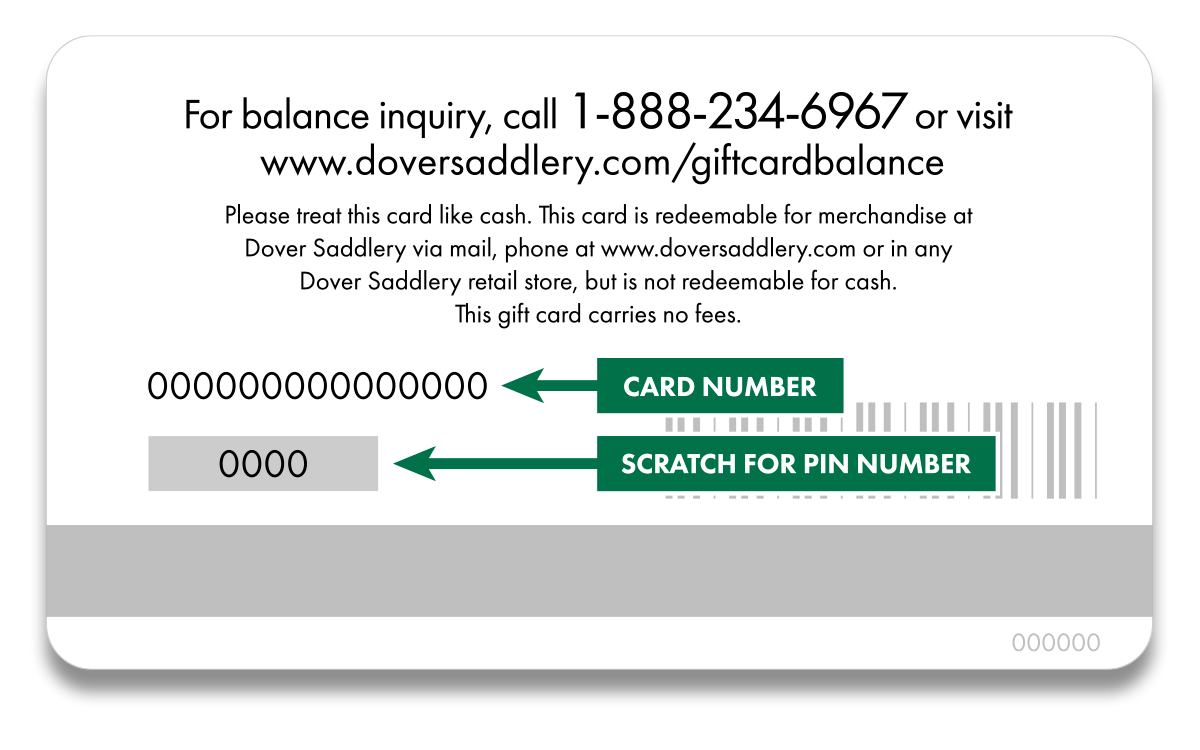 We’ve been getting many questions about how to transport or travel with your horse, so we reached out to our good friend Elly Schoebel for some tips and here’s what she had to say:
We’ve been getting many questions about how to transport or travel with your horse, so we reached out to our good friend Elly Schoebel for some tips and here’s what she had to say:
As a breeder and competitor I often trailer horses…broodmares with foals, yearlings and two year- olds to their first breeding shows. My truck and trailer are used frequently, so oil changes, tire pressure, greased ball bearings/trailer hitches are a monthly routine. In addition, cleaning the inside of your trailer is a must to provide cleanliness and safety. Here are a few other tips I have gathered over the years:
1. PLEASE, PLEASE use proper footwear when loading (or handling) any horse. Solid paddock boots, preferably waterproof (I like the zipper versions, fast to get on) and a pair of sturdy gloves (leather gloves are my favorite) should be standard equipment.
2. I prefer leather halters, or nylon halters with a leather crown piece because in an emergency, these halters break. Usually I use a plain cotton lead rope, but always have a 6′ leather lead with a chain in my trailer tack room – young colts can get pretty rude at times and I want to be ready to ‘explain’ to them, who actually runs the show.
3. My 3-4 year olds learn early on, that shipping halters and shipping boots are part of their trailering experience – again, protection is of utmost importance to me and I will take a lot of time to introduce my youngsters to all the equipment PRIOR to loading them. They usually spent some time in the wash/grooming stalls, wearing everything. Once this is not big issue anymore, we move on to loading.
4. Loading is always done with an older horse provided to give ‘a lead’ to the younger horse – taking time to train horses to load, without the stress of having to be at the show at a certain time, makes the entire experience less stressful.
5. Make sure that your trailer in good working condition. This includes:
• clean, filled with fresh shavings (or straw)
• all moving parts, such as partitions, chains, trailer ties which are not in use are secured
• trailer hitch is in working condition, property oiled/greased, in the correct position to pull the trailer in an optimal (level) position
• electric system, including brakes and trailer lights (inside and outside) work
6. For any trip, have a couple of clean 5 gallon water containers with you. Some horses will not drink water that tastes different then at home – and a dehydrated horse is never a good thing on the road.
7. Hay nets – I personally prefer the newer ones with the really small squares. It makes horses work harder trying to pull hay through. This takes more time and concentration – i.e. they will be occupied for a longer period of time. Generally we put an entire bale of hay in each net and hang it between 2 horses – this serves 2 purposes:
• it creates a type of partition between the horses
• both horses can eat at the same time from each side
8. We also keep a broom/pitch fork/shovel in the trailer at all times, making it easier to find when needed.
9. Keep required paperwork for each show in the trailer, for example a copy of Coggins and a health certificate – good for 30 days.
10. Another important item we always have on the trailer is a so-called Emergency kit. Ours contains the following:
• Vet wraps/sterile gauze
• SMZ (pills), both Bute and Banamine in paste form
• Rubbing alcohol
• Band Aids/Lidocaine for severe Sunburn/Tylenol
I am sure that all of you have your own set-up. These are just a few tips – enjoy your horses until we talk again.
We’d like to thank Elly for her wonderful contribution. Do you have any tips you’d like to add when it comes to tailoring your horse? If you do, please leave a comment below!
From our Guest Blogger Elly Schoebel. Entry represents the personal opinion of the blogger and is not formally edited.
Elly Schoebel is a German trained Bereiter FN, Grand Prix rider and trainer, Champion of Selection Trials for World Champion for Young Dressage Horses, breeder/owner of successful Event horses (her mare De Luetje MF was 2012 Future Event Horse Champion). She owns and operates a small dressage training/breeder farm in South Carolina.




I find these posts helpful and give me new ideas.Thanks